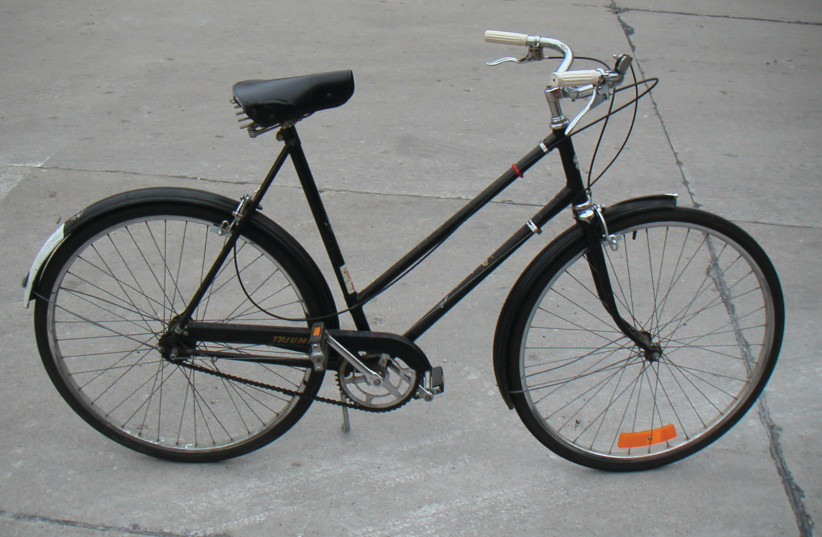Israeli company SIXAI and Japanese auto and motorcycle parts manufacturer Musashi Seimitsu have announced a joint plan to produce and lease millions of battery-powered motorcycles and auto-rickshaws in Nigeria and Ghana.
The vehicles will offer a cheaper and more environmentally-friendly alternative to drivers.
The move is intended as a first step toward a broader expansion into Africa, where motorcycles serve as a primary mode of transportation. Pilot projects will start in early 2023, followed by full-scale local assembly in new plants in Abuja and Accra, with plans for additional assembly locations in Nigeria.
Out with the old, in with the new
“Motorcycle use is widespread in Africa, creating air and noise pollution, as well as the mass consumption of costly gasoline,” said SIXAI’s deputy CEO Sassi Shilo. “We offer commercial motorists a cheaper and cleaner option. Our business model is based on battery charging and swapping, not motorcycle sales.”

The business model is similar to the rentable scooter models seen in cities in Israel and the US: the electric motorcycles will be available to lease, with swappable batteries that will be available from cabinets attached to the electrical grid, that are to be dispersed nationwide at gas stations, near shopping centers and at other gathering points.
Local partners in Nigeria and Ghana will manage operations of the battery swap sites, where drivers will use autopay on a proprietary SIXAI mobile app to pay for the replacement of depleted batteries at these stations.
Making electric vehicles available to more Africans is a mutually beneficial business model for SIXAI and Musashi Seimitsu: compared to their gas-guzzling peers, electric-powered motorbikes are significantly cheaper to maintain. According to a recent McKinsey study on electronic transportation in sub-Saharan Africa, it is more than 50% cheaper to swap batteries than to fill a bike with petrol.
“Nigeria will not just be consuming imported technology, we are making sure that we domesticate, produce and manufacture in Nigeria,” said National Agency for Science and Engineering Infrastructure executive vice chairman Mohammed Haruna.
“NASENI has come into this now with the perfect partners, Japanese and Israeli companies with technologies that are proven and known.”
Mohammed Haruna
Israel breaks through to the African market
“NASENI has come into this now with the perfect partners, Japanese and Israeli companies with technologies that are proven and known.”
SIXAI’s attempt to penetrate the African market coincides with other Israeli efforts where it currently has little foothold. Following the Abraham Accords, more moves have been made with the aim of opening more channels of business between Israel and its African neighbors, with Morocco representing a stand-out candidate as the country’s gateway to Africa.
Several conferences in Morocco have taken place in the past year focused on bringing Israeli businesses and Moroccan investors together, and have already spawned over a dozen international business deals and collaborations.
“Israeli innovation – agri-tech, water technologies, even energy and logistics – it’s an uncharted market for Africa,” said Avi Hasson, CEO of Start-Up Nation Central, during a press briefing at the Connect to Innovate conference in Casablanca earlier this year. While other avenues to accomplish the same goal exist, Hasson is convinced that Morocco is “certainly part of the Moroccan agenda, to be positioned in that way and create that gateway.”
Israel also has a lot to gain from collaborating with Japan in the business sector. In an interview in July, Takeshi Kai, head of Mitsubishi corporation’s Tel Aviv liaison office Takeshi Kai told The Jerusalem Post about the complimentary business skill sets that each country possesses.
“Israeli companies are very good at making one from zero. Japanese companies are very good at making 100 from one: scaling up is our advantage," he said. "So Israeli start-ups and Japanese corporations together can be a very good, complementary, ideal relationship."
